Adapted from Permanente Excellence, a quarterly magazine published by The Permanente Medical Group and distributed to its physicians.
By all accounts, Loretta Fogarty should not be here.
Born in 1953 with heart problems including Ebstein’s anomaly of the tricuspid valve and atrial septal defect (ASD), she spent the first 6 weeks of her life in a hospital.
After having a catheterization procedure at the age of 6 to determine the scope of her condition, she said her father told her that she didn’t have a “hole in her heart” after all. Life went on, and Fogarty didn’t feel all that different from those around her in her hometown of Napa, until she was diagnosed with high blood pressure when she was in her late 40s.
“I never received specialized care after that conversation with my father,” said Fogarty, a retired special education teacher. “In high school, I had a hard time breathing when I exerted myself, but I didn’t talk about it much.”
“Then about 15 years ago when I was living in Red Bluff, I developed high blood pressure, and my health began to deteriorate. My doctor put me on a lot of medicines that made me
sicker, but never referred me to anyone. I learned to make do.”
Long-Needed Care at Last
Fogarty suffers from congenital heart disease (CHD). It is the most common birth defect, affecting an estimated 40,000 newborns in the United States each year. In the past, only a minority of those with complex defects survived. But in recent decades, advances in lifesaving heart surgery and medical management have reversed this trend, to the degree that today more adults than children are living with the condition.
For Fogarty, things began looking up in 2008 when she took a new teaching job in Napa and became a Kaiser Permanente member. Fogarty’s physician, Sean Kaer, MD, Family Medicine, Napa, referred her to Gerald Bourne, MD, Cardiology, Vallejo, who then connected her to Kaiser Permanente’s Adult Congenital Heart Disease (ACHD) Program.
“Loretta was one of our first patients,” said Alison Knauth Meadows, MD, PhD, the program’s director and a cardiologist at Kaiser Permanente San Francisco. “She came to us quite sick, with fast heart rhythms and a significant leak through her tricuspid valve.” Dr. Meadows is also a member of the medical board for the Adult Congenital Heart Association (ACHA) and serves on an ACHA committee that is developing a process for accrediting U.S. programs in ACHD.
Kaiser Permanente’s ACHD program uses an integrated and innovative hub-and-spoke model to provide high-quality, comprehensive care to adult members with CHD. Located at the program’s hub in San Francisco, Dr. Meadows and Jennifer Ting, MD, Cardiology, work with 21 ACHD physician champions at 17 Kaiser Permanente medical centers to provide comprehensive care for members with this condition. Dr. Meadows and her cohorts currently follow approximately 1,300 adults with complex CHD.
Dr. Meadows referred Fogarty to UCSF for surgery in 2010, where she had cone reconstruction of the tricuspid valve, ASD closure, and a maze procedure for atrial fibrillation. At the start of TPMG’s ACHD program, all surgeries for adult Kaiser Permanente members with CHD were referred to UCSF or Stanford; today over half of Kaiser Permanente’s ACHD-related surgeries are performed within the organization.
“It wasn’t easy,” Fogarty said. “But my doctors and the staff stood by me throughout.”
‘An Amazing Survivor’
Getting so much support from her physicians motivated Fogarty to do more than survive — she began to thrive. She started eating better, began walking several miles every day, and stopped drinking alcohol, losing over 50 pounds of unneeded weight in the process. A year after her surgery, she was promoted in her job.
“A lot of Loretta’s recovery was her own doing; she is an amazing survivor,” observed Dr. Meadows.
Fogarty turned 63 in January this year and is enjoying her retirement. She has no high blood pressure, no right heart failure, and no atrial fibrillation, and her medications have remained the same since her surgery in 2009.
“If it weren’t for Kaiser Permanente’s approach, I would not be here,” she said. “They helped motivate me to turn my life around. I continue to see Dr. Meadows once a year — she’s been my buddy through all of this.”
Last year, The Permanente Medical Group honored Dr. Meadows with the Sidney R. Garfield Exceptional Contribution Award for her work with the ACHD program. Watch a short video to learn more.
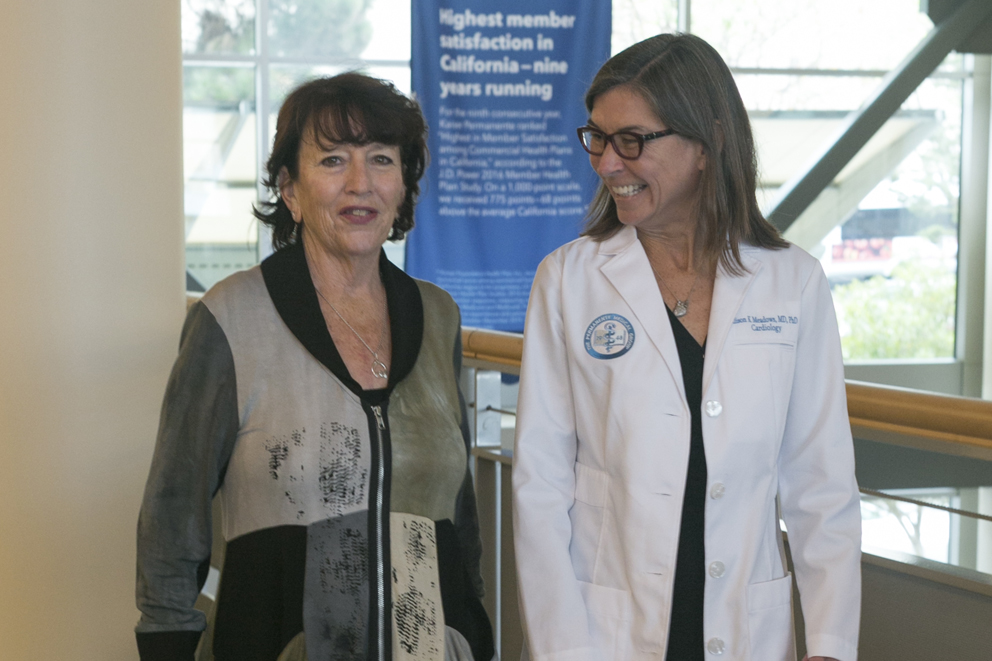
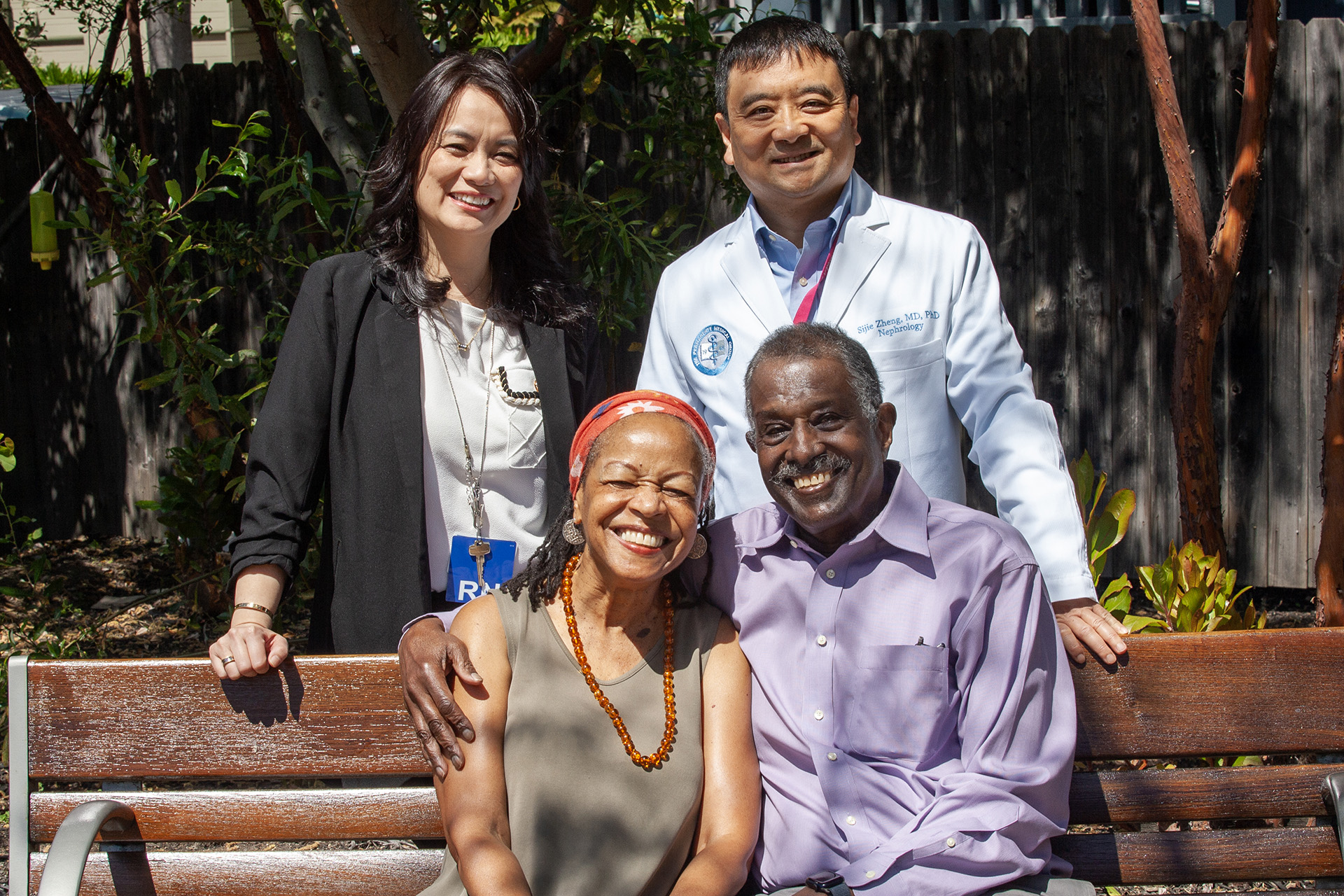
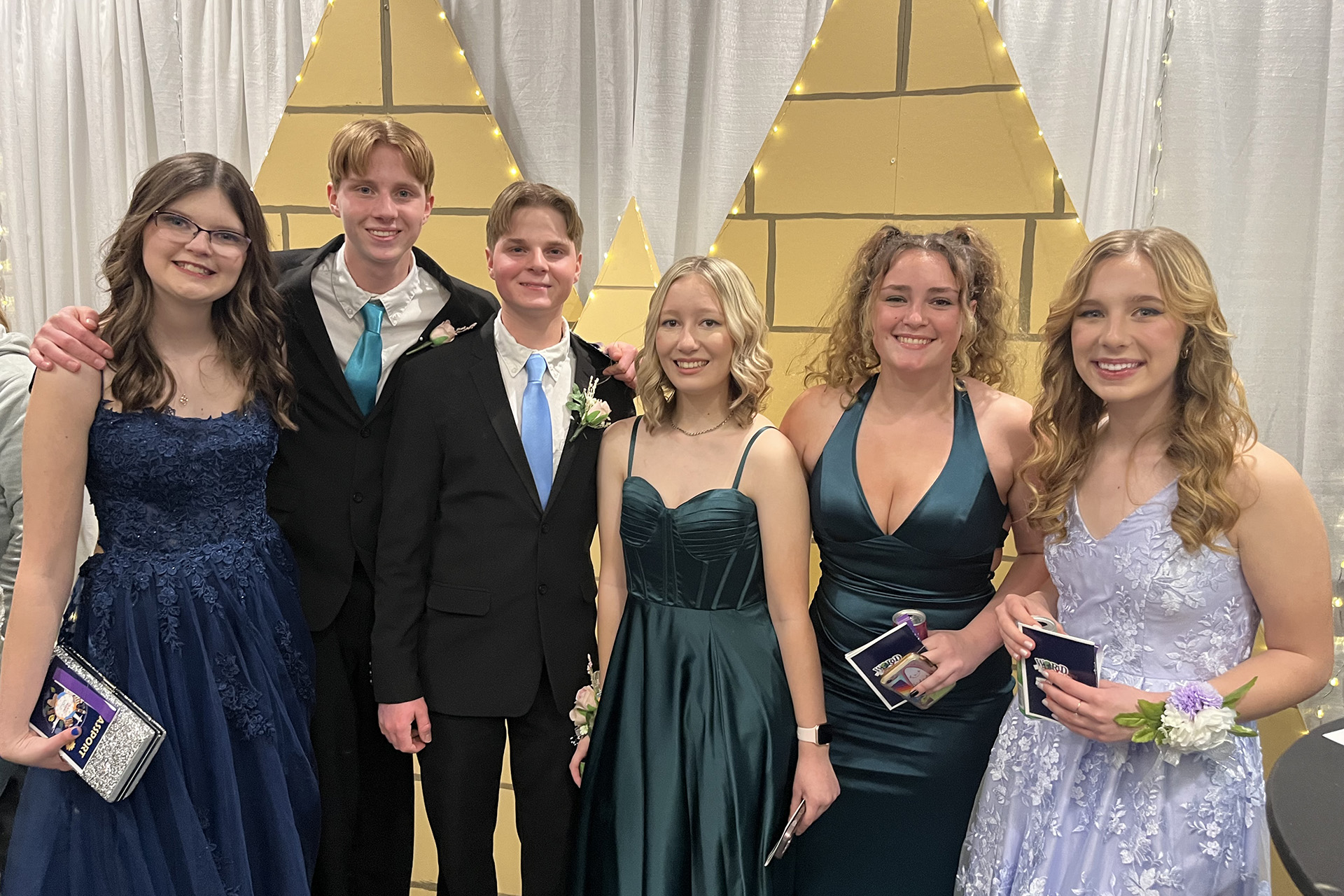
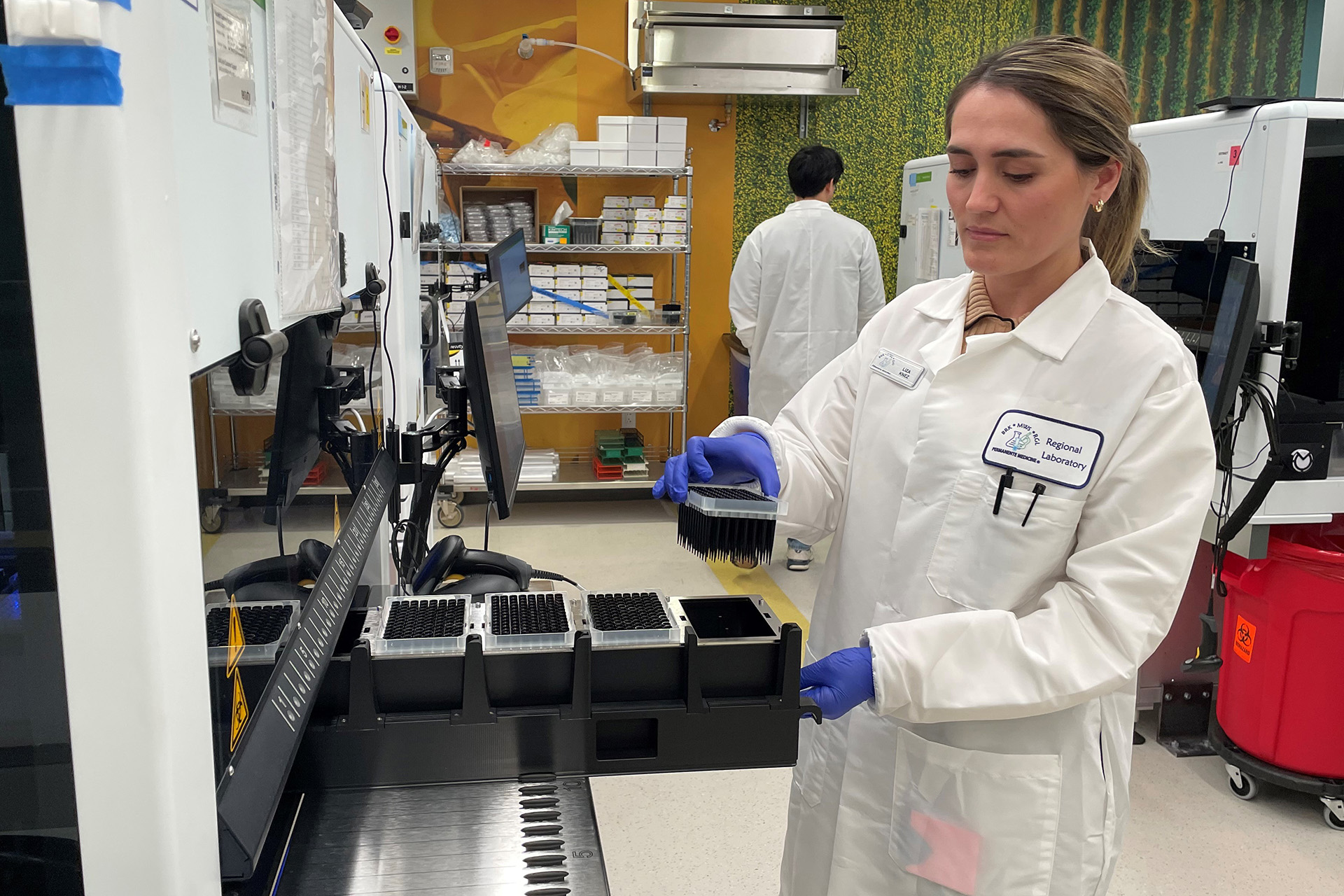
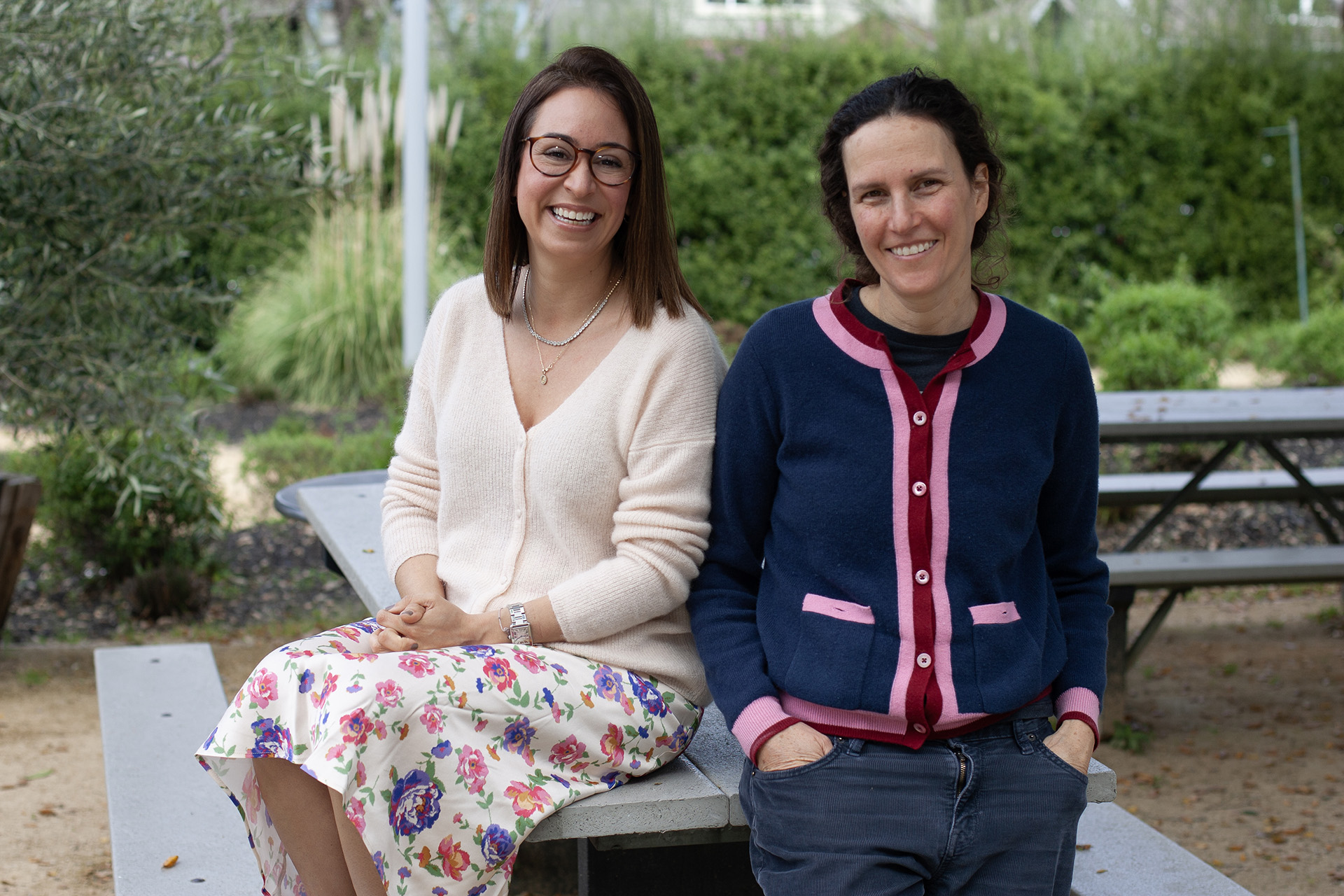
This Post Has One Comment
My daughter has had successful heart valve replacement through the adult congenital heart disease program at Kaiser. Dr. Alison Meadows is her cardiologist and her husband Dr. Jeffery Meadows was her surgeon. They were a wonderful team. Thank you to Kaiser and to UCSF for such wonderful care.